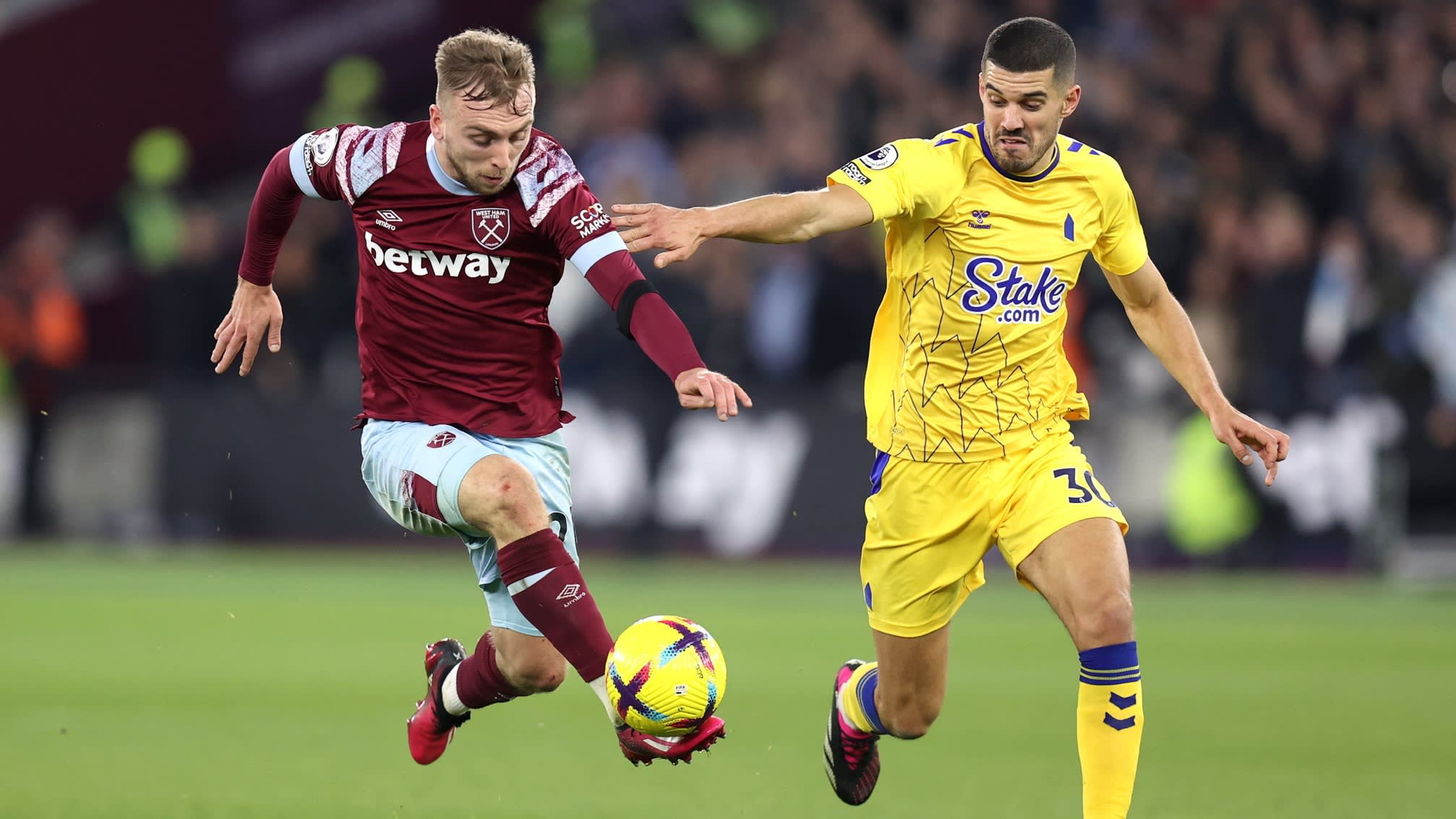Premier League football clubs will phase out front-of-shirt gambling sponsorships by the end of the 2025-26 season after pressure from the UK government, which is undertaking a shake-up of gaming regulations.
The move comes after discussions with the Department for Digital, Culture, Media and Sport, the Premier League said on Thursday. However, clubs will be permitted to obtain fresh gambling sponsorship until the ban kicks in.
The league’s global audience is attractive to betting companies and other sponsors seeking to sell products internationally. In total, eight of its 20 clubs have front-of-shirt betting sponsorships, most of which are operators looking to appeal to “grey” markets in Asia, where the rules concerning gambling on foreign sites are undefined.
The clubs include West Ham, which is sponsored by Betway; Everton, which is sponsored by crypto-gambling site Stake.com; and Bournemouth and Newcastle, which are sponsored by Philippine offshore gambling operators Dafabet and Fun88, respectively.
The Premier League said front-of-shirt sponsorship deals were valued at £60mn a year. However, there will be no ban on operators signing shirtsleeve sponsorships with clubs, and gambling adverts will remain visible on pitchside hoardings despite calls from safer-gambling campaigners for the league to go further.
The league also said it was working with other sports on the development of a new code for “responsible” gambling sponsorship.
The government is set to publish its long-awaited review of the 2005 Gambling Act within weeks. The white paper is expected to usher in a statutory levy on some gambling companies to fund public health initiatives and introduce stake limits on bets.
The review is part of a wider reform of gambling laws that were created before the first smartphone was released and betting apps emerged, in effect putting a virtual bookmaker into punters’ pockets and increasing the volume of bets placed.
Lucy Frazer, culture secretary, welcomed the announcement by the Premier League, saying: “The vast majority of adults gamble safely, but we have to recognise that footballers are role models who have enormous influence on young people.”
Ministers struck a deal with the league to exclude proposals banning gambling sponsorship if clubs voluntarily removed front-of-shirt branding. Frazer added that the government wanted to work with the league “to do the right thing for young fans”.
“Although this outcome isn’t perfect, it’s a huge step,” said James Grimes, founder of The Big Step, a campaign aimed at ending gambling sponsorship in football.
Grimes said the announcement was “a significant acceptance of the harm caused by gambling sponsorship” but he added that “just moving logos to a different part of the kit while allowing pitchside advertising and league sponsorship to continue is totally incoherent”.
Matt Zarb-Cousin, director of Clean Up Gambling, said the change was only a “small concession”. “It’s a confession that the visibility of these sponsors are impacting on people experiencing gambling problems and on children, but they are doing the bare minimum,” he said.
Ed Craven, founder of Stake.com, told the Financial Times that despite the move being expected “for some time” it was “a shame nonetheless” that the company would have to remove its branding from the front of Everton’s shirt.
